Promoting the role of the Provincial People's Council in operating two-level local government: The center of institutional design and governance innovation
Comrade Hoang Nghia Hieu - Standing Deputy Secretary of the Provincial Party Committee, Chairman of the Provincial People's Council discussed the 31st Session (Regular Session) in mid-2025.
.png)
Comrade Hoang Nghia Hieu - Standing Deputy Secretary of the Provincial Party Committee, Chairman of the Provincial People's Council discussed the 31st Session (Regular Session) in mid-2025.
Thanh Duy(Implementation) • July 9, 2025
PV: Dear Standing Deputy Secretary of the Provincial Party Committee, Chairman of the Provincial People's Council, could you share the major focuses of theMid-year regular meeting 2025 of Nghe An Provincial People's Council?
Comrade Hoang Nghia Hieu:The 2025 mid-year meeting of the Provincial People's Council is very important, not only routine but also pivotal in two aspects.
The firstThis is the first session after Nghe An completed the arrangement of administrative units and officially operated the 2-level local government model (province, commune).MondayWe are entering the last 6 months of the term of implementing the Resolution of the 19th Provincial Party Congress, a time when more than ever we need high unity and drastic, synchronous action to reach the right destination in the right direction and at the right level.
In terms of content, the meeting will focus on assessing the socio-economic situation in the first 6 months of the year, analyzing bottlenecks, and thereby proposing practical and widespread solutions to promote the speed and quality of development in the last 6 months of the year. At the same time, the Provincial People's Council will also consider and resolve many important issues.
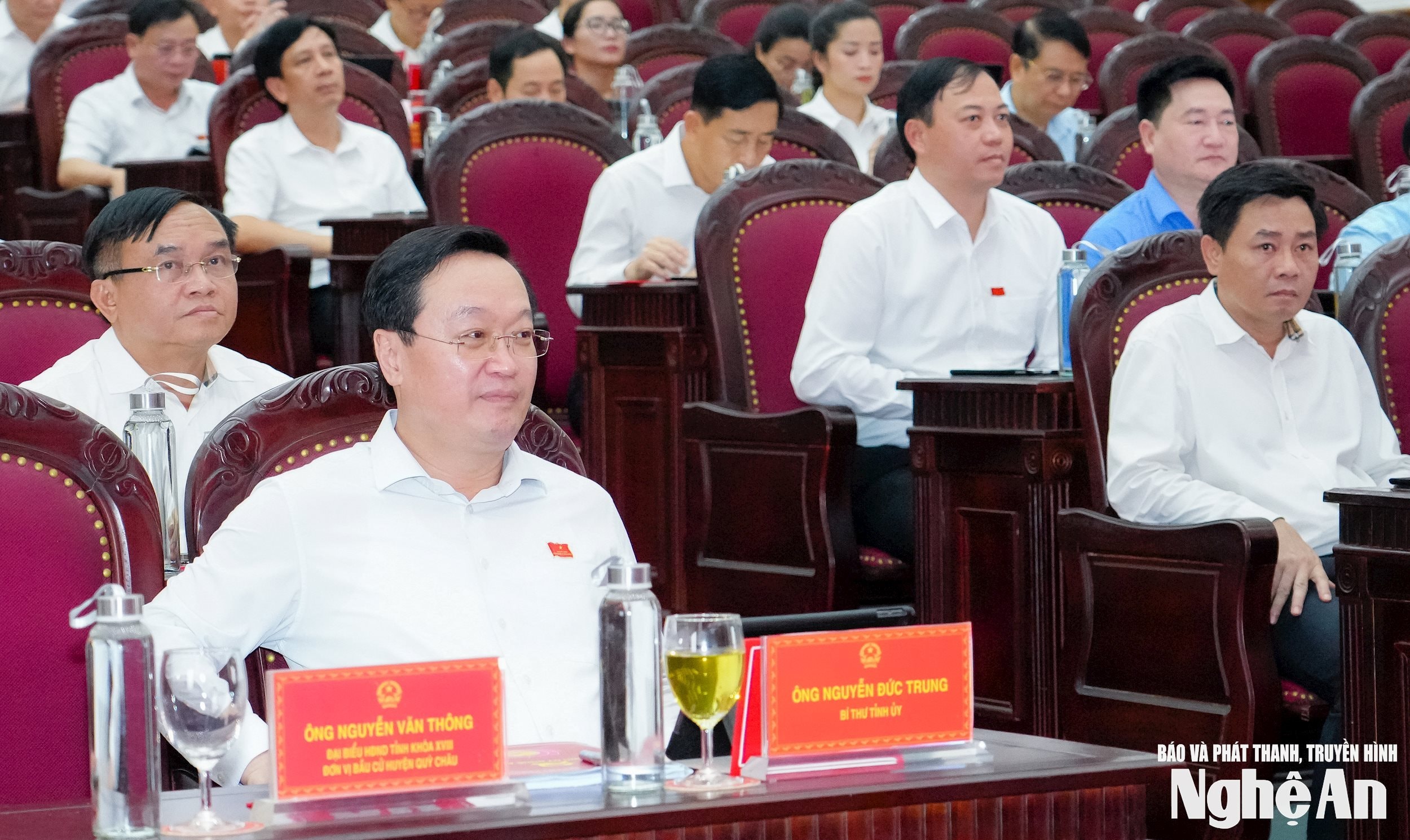
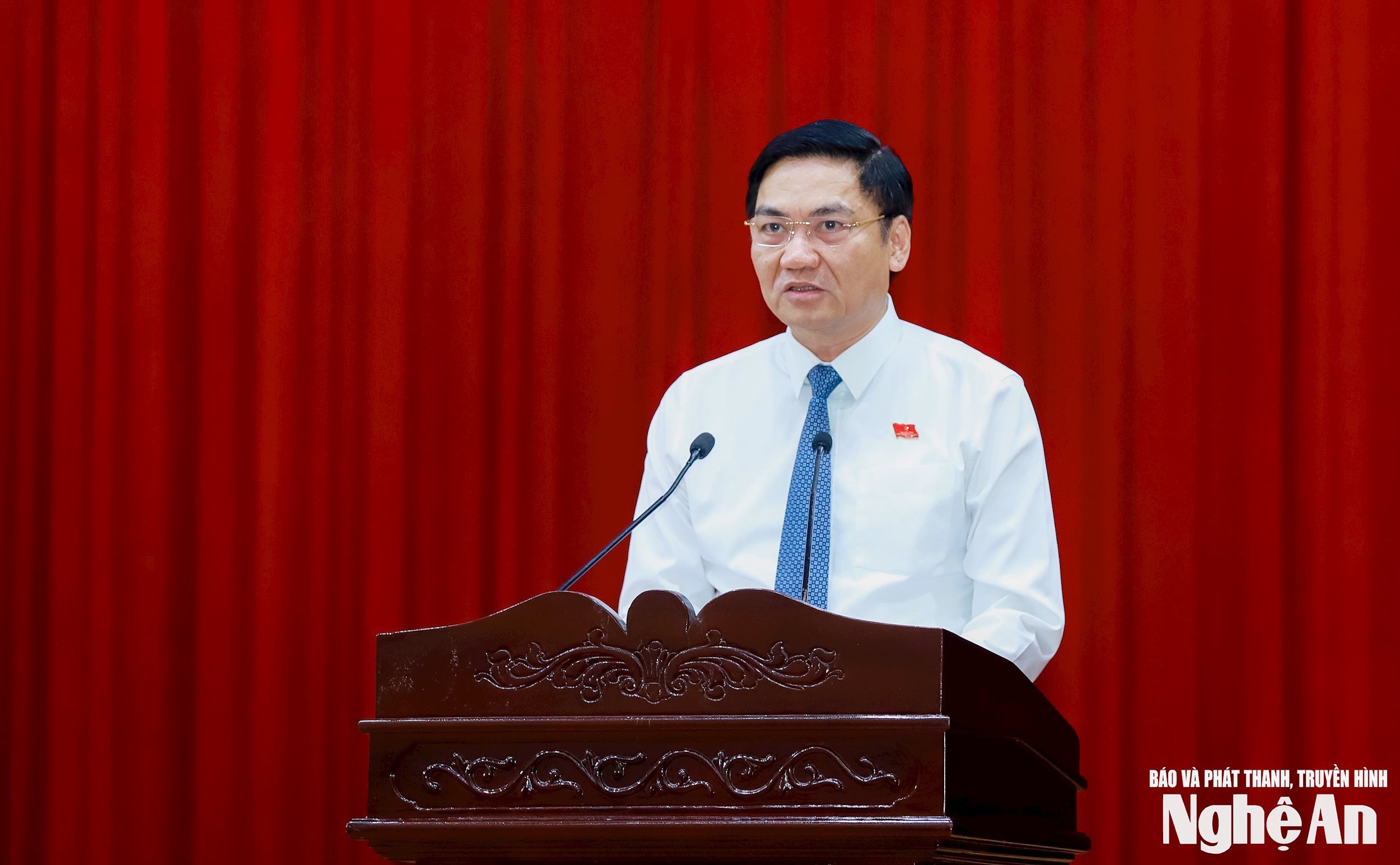
.jpg)
The notable point of this meeting is that the question and answer session will delve into two "hot" issues that voters are particularly interested in: "implementing mechanisms and policies to improve the investment and business environment, removing difficulties for businesses; overcoming limitations and improving the Provincial Competitiveness Index (PCI)", and "State management of the production and trading of counterfeit, fake, poor quality goods and dirty food in the province".
The Standing Committee of the Provincial People's Council continues to operate according to the motto of "courage, responsibility, innovation, and efficiency". In organizing the session, the Provincial People's Council will expand the discussion space, increase the duration and quality of debate so that the resolutions when issued are truly practical, feasible, and highly consensual.
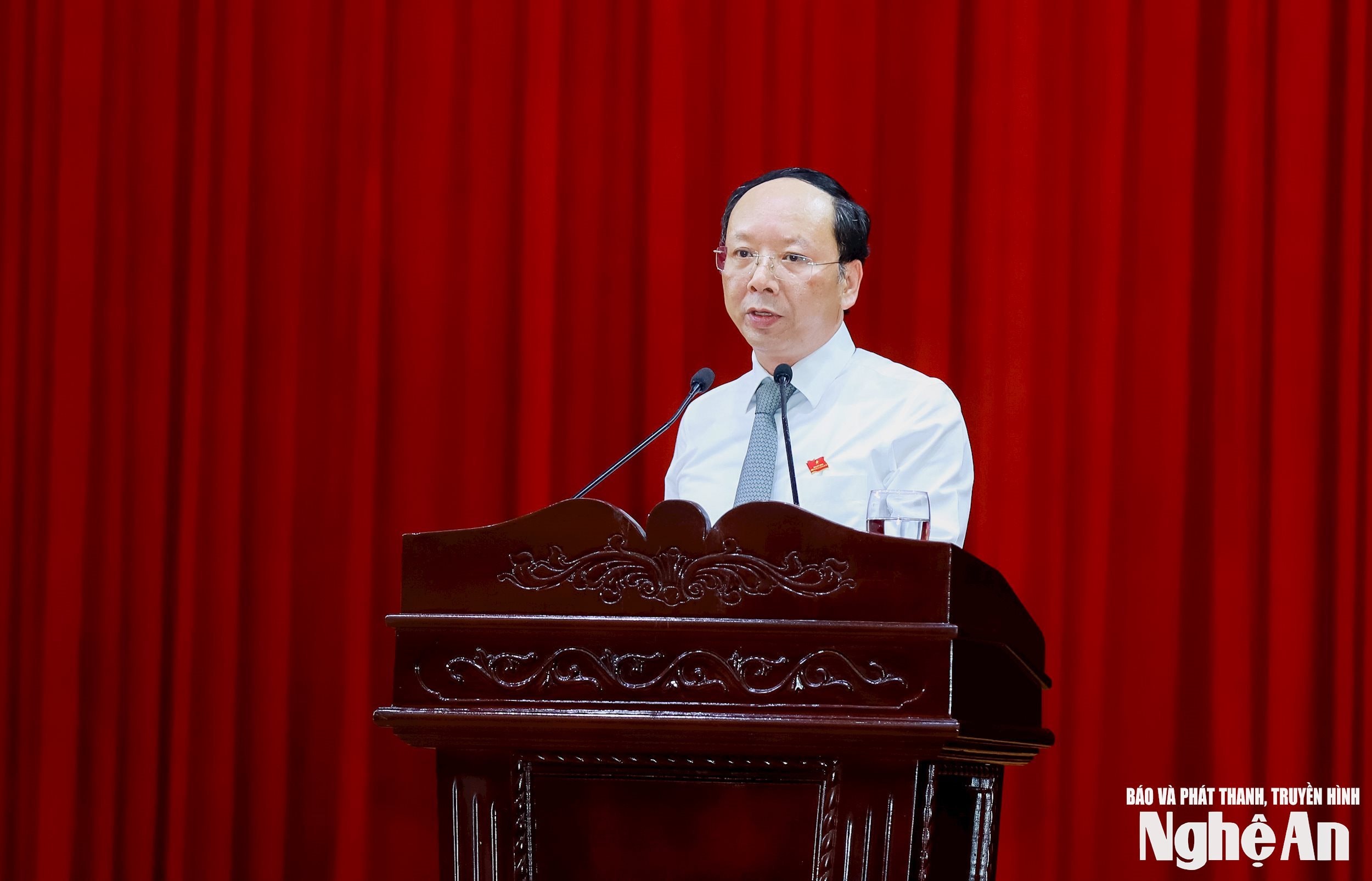
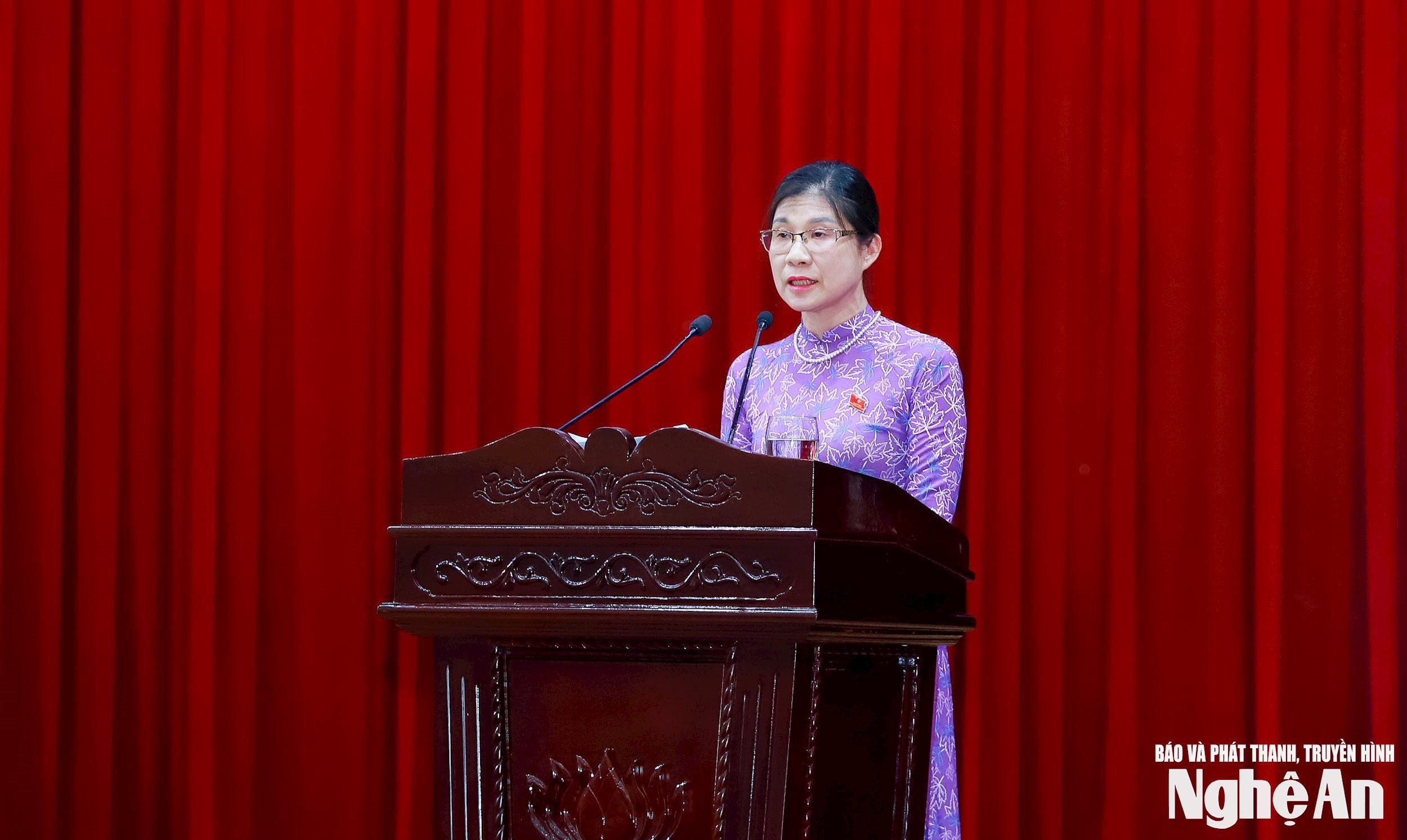

PV: Dear comrade,What requirements does the two-level local government model pose for the Provincial People's Council?
Comrade Hoang Nghia Hieu:The two-level local government is a major step forward in terms of institutions and organizational structure, realizing the governance mindset: "Locals decide, local authorities do, local authorities are responsible", aiming to maximize the potential and advantages of regions and territories; expand development space. Based on the principle of delimitation: "Clear subjects - clear work - clear responsibility - clear scope - clear effectiveness", the National Assembly promulgated the Law on Organization of Local Government 2025 at the recent 9th Session; 28 decrees on decentralization, delegation, and division of authority between the Government and two-level local governments have also been issued.
The above laws and decrees clearly demonstrate the trend of increasing the proactiveness, autonomy and responsibility of local authorities in State management and socio-economic development. Notably, the Provincial People's Council has changed a lot in terms of position and role, not only as a local State power agency as before but also gradually becoming an "institutional designer", playing a central role in coordinating policies within the new legal framework and decentralization of management.
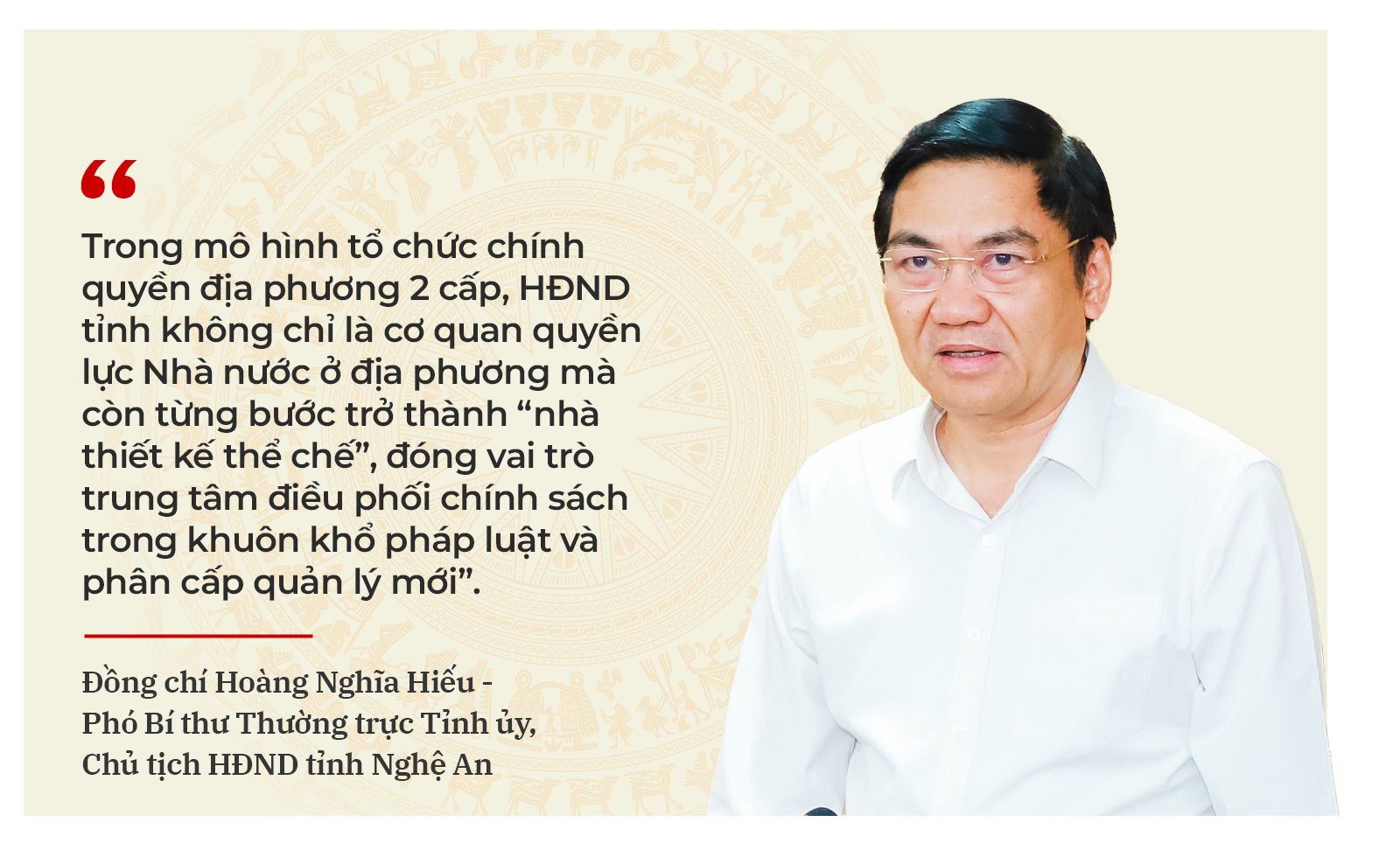
With that nature and in the specific context of Nghe An, a province with a large area, large population, and diverse terrain, the need for innovation in governance thinking becomes even more urgent. The Provincial People's Council needs to improve its overall quality on all three pillars: Policy decisions, implementation supervision, and representation of the voice and interests of voters.
In policy development, it is necessary to approach in the direction of “localization” and “socialization”, that is, to start from the reality of each industry, field, and area, instead of applying mechanically and widely. It is impossible to use a common policy for all, because natural conditions, development levels, implementation capacity and needs are very different.
“Localization” here means giving local authorities the power to flexibly apply policies, even proposing their own mechanisms suitable to regional characteristics. When localities are proactive in designing policies, the suitability and ability to apply them to life will be higher, thereby improving the effectiveness and efficiency of State governance.
“Socialization” requires the widespread participation of people, businesses, experts, and social organizations in the process of policy development and implementation. Policy decisions are only truly sustainable when they originate from real needs, have social consensus, and receive feedback from practice. This is a democratic and objective approach, helping policies not only be correct in theory but also in practice.
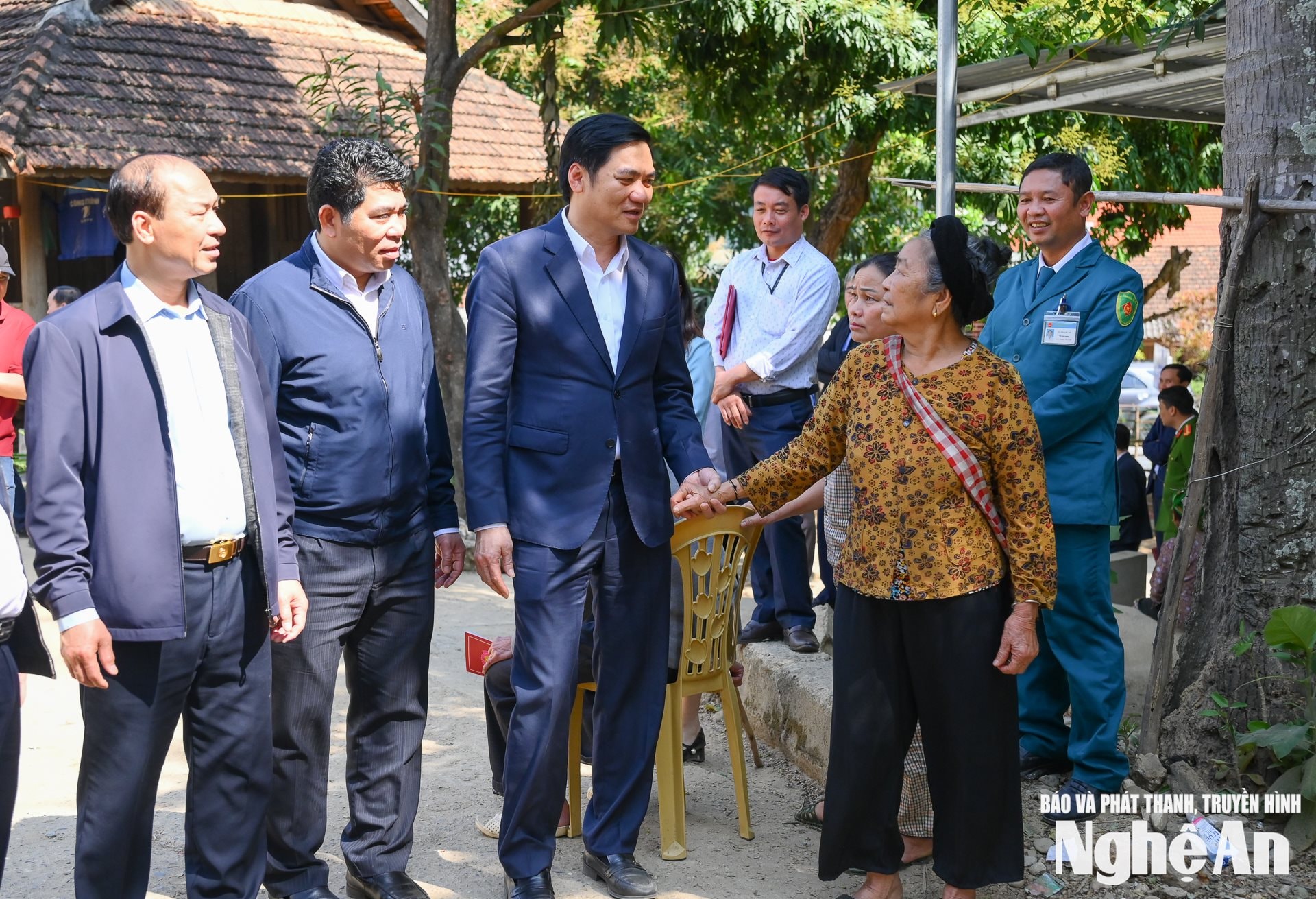
In addition, in the context of operating a two-level local government model, decentralization and delegation of power must go hand in hand with resource allocation and capacity building for grassroots officials, so that localities can not only “do” but also “do” and “do well”. Policy design cannot be done from the top down but requires two-way dialogue: provincial and communal levels, between the decision-making level and the implementation level.
In short, the “localization” and “socialization” approach in policy making is not only an innovative mindset but also an essential requirement to ensure effective governance, create development momentum, and enhance the trust of people and businesses in the government, including the Provincial People's Council.
Regarding supervision, when the district-level People's Council no longer exists, the responsibility of supervising, monitoring and evaluating the implementation of policies and laws is largely placed on the provincial-level People's Council. In that context, the Nghe An Provincial People's Council needs to be more proactive, flexible, specialized, systematic, and focused. Not only must it organize periodic supervision sessions, but it must also strengthen thematic supervision, explanation sessions, and independent surveys focusing on sensitive areas that are prone to problems such as: Land, environment, public investment, site clearance, administrative reform, etc. associated with the socio-economic development plan and urgent issues of concern to voters.

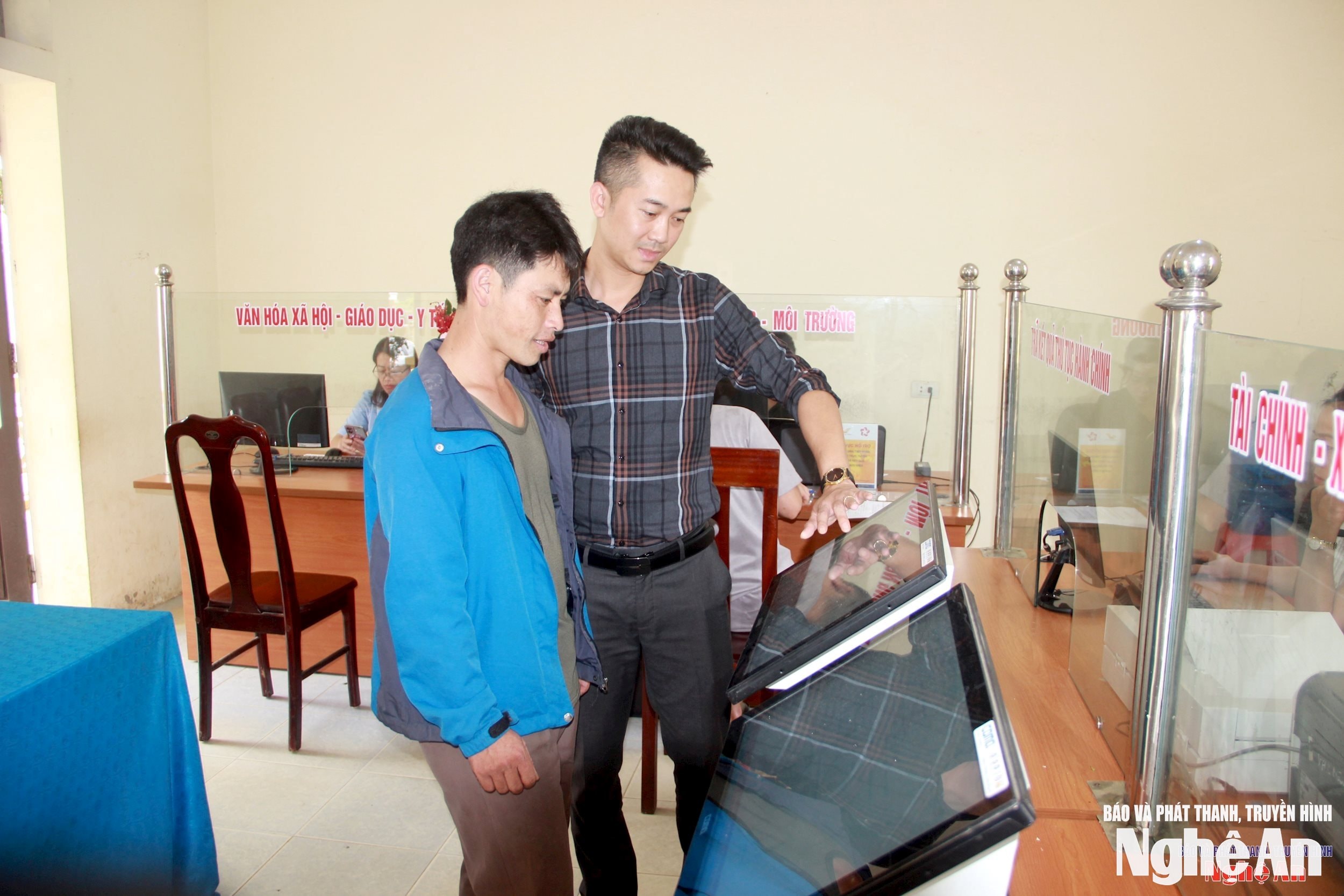
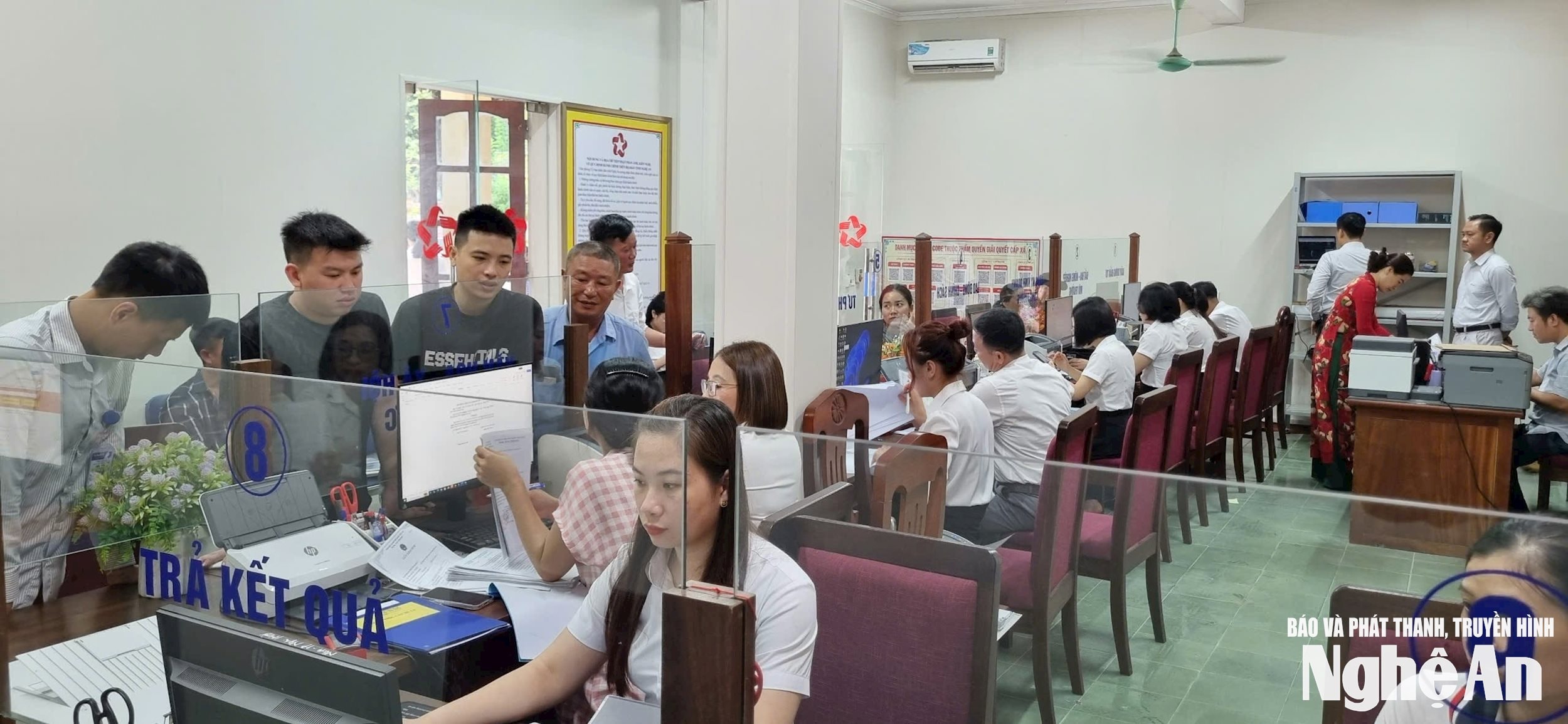
In particular, the Provincial People's Council must expand the scope and frequency of contact with voters because only when fully grasping the thoughts, aspirations and difficulties of people at the grassroots level, will the monitoring activities be truly comprehensive and have practical value. Along with that, it is necessary to promote the application of information technology, build shared digital platforms to serve the monitoring and handling of voters' petitions. Thereby, not only increasing transparency and response efficiency but also helping to improve the quality of monitoring in the direction of publicity, monitoring progress and responsibilities at each level and each sector.
In the management work, the Standing Committee and the Committees of the People's Council, the Office of the National Assembly Delegation - Provincial People's Council will continue to closely coordinate with the People's Committee, specialized agencies under the Provincial People's Committee, the Provincial Vietnam Fatherland Front Committee and socio-political organizations. We believe that the connection, enhanced communication and information sharing between agencies and organizations will help each side, especially the Provincial People's Council, make correct, accurate and practical decisions, contributing to improving the quality of local governance in the direction of openness, transparency and service, while creating high consensus in society.
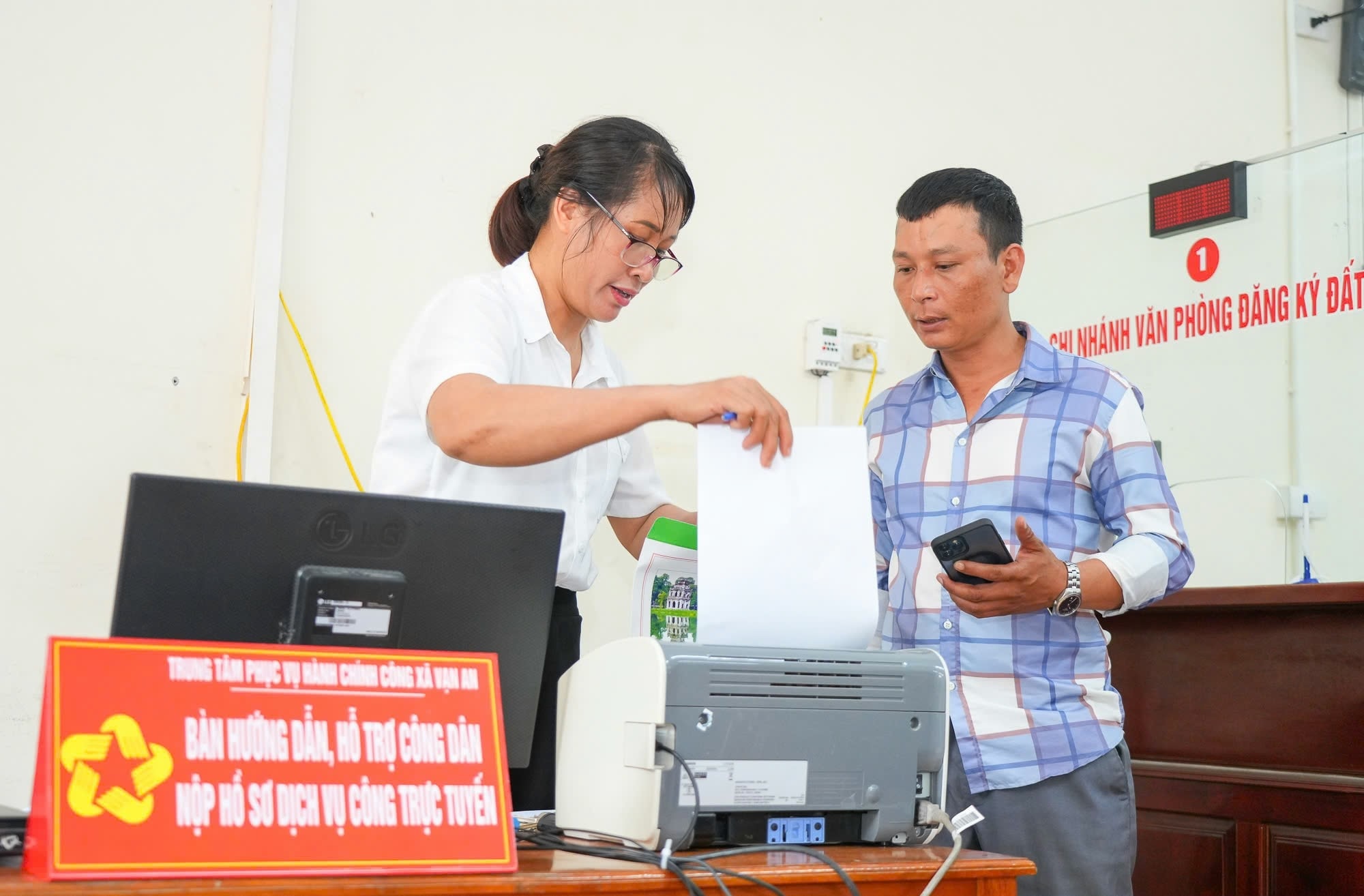
PV: The 19th Provincial Party Congress term has less than 6 months left. According to you, what key points should the Provincial People's Council focus on to contribute to the successful completion of the goals and targets of the term?
Comrade Hoang Nghia Hieu:The 19th Provincial Party Congress, term 2020 - 2025, of the Provincial Party Committee set out 26 main targets covering the economy, culture, society, environment, national defense, security, Party building and the political system. Up to now, most of the targets have been basically completed or are on track to reach the finish line. However, there are still some targets such as GRDP per capita, budget revenue... that need a strong breakthrough. In that context, the role of the Provincial People's Council is very important and needs to focus on 4 key tasks:
The first,continue to perfect the legal corridor through a system of practical, focused, and key resolutions, especially in areas associated with the institutionalization of the Party's guidelines on the "Four Pillars" identified by the Politburo, in order to accelerate the pace of development. Specifically, including: Resolution No. 57-NQ/TW on breakthroughs in science and technology development, innovation and national digital transformation; Resolution 59-NQ/TW on international integration in the new situation; Resolution No. 66-NQ/TW on innovation in law-making and enforcement to meet the requirements of national development in the new era and Resolution No. 68-NQ/TW on private economic development.
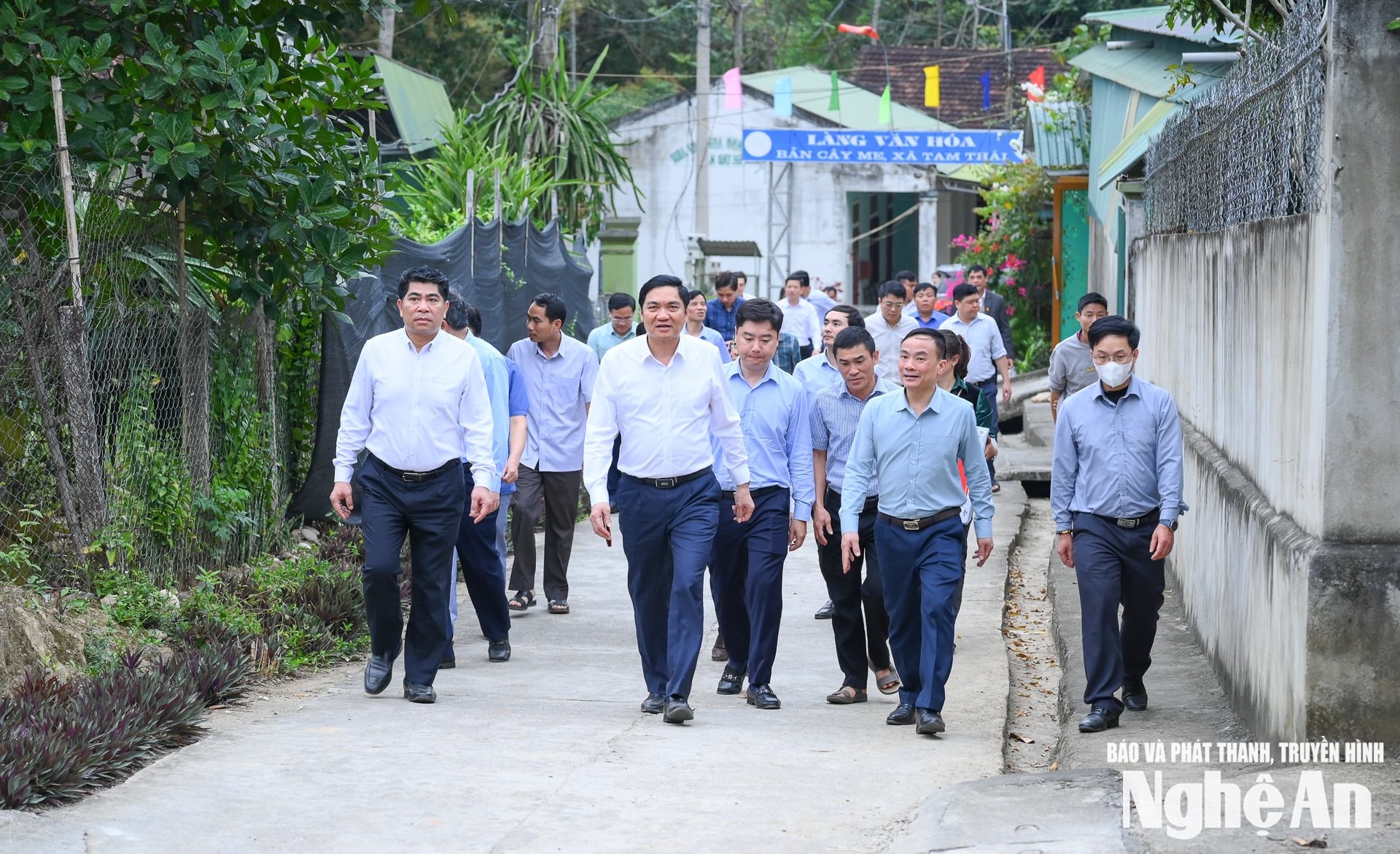
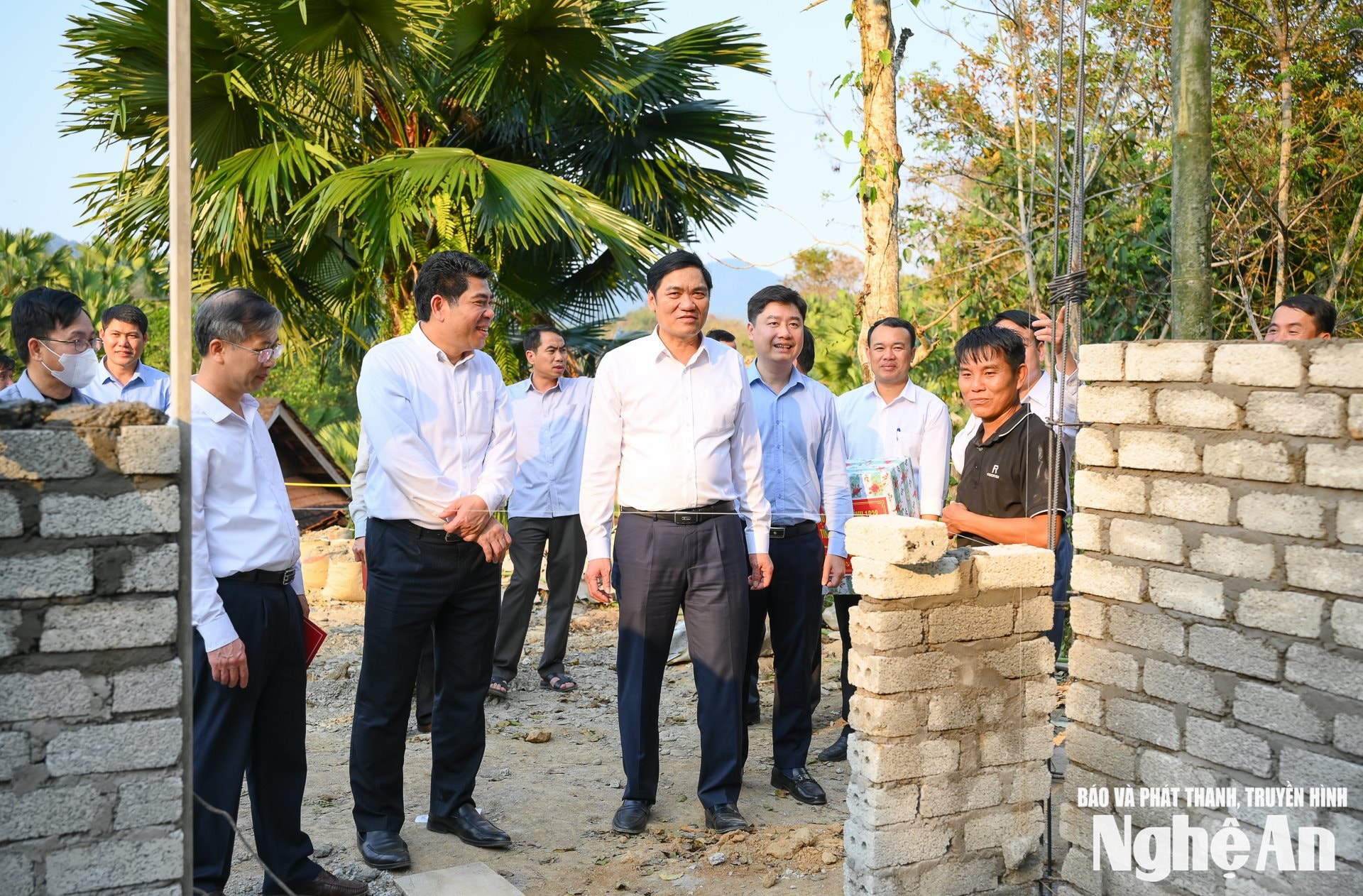
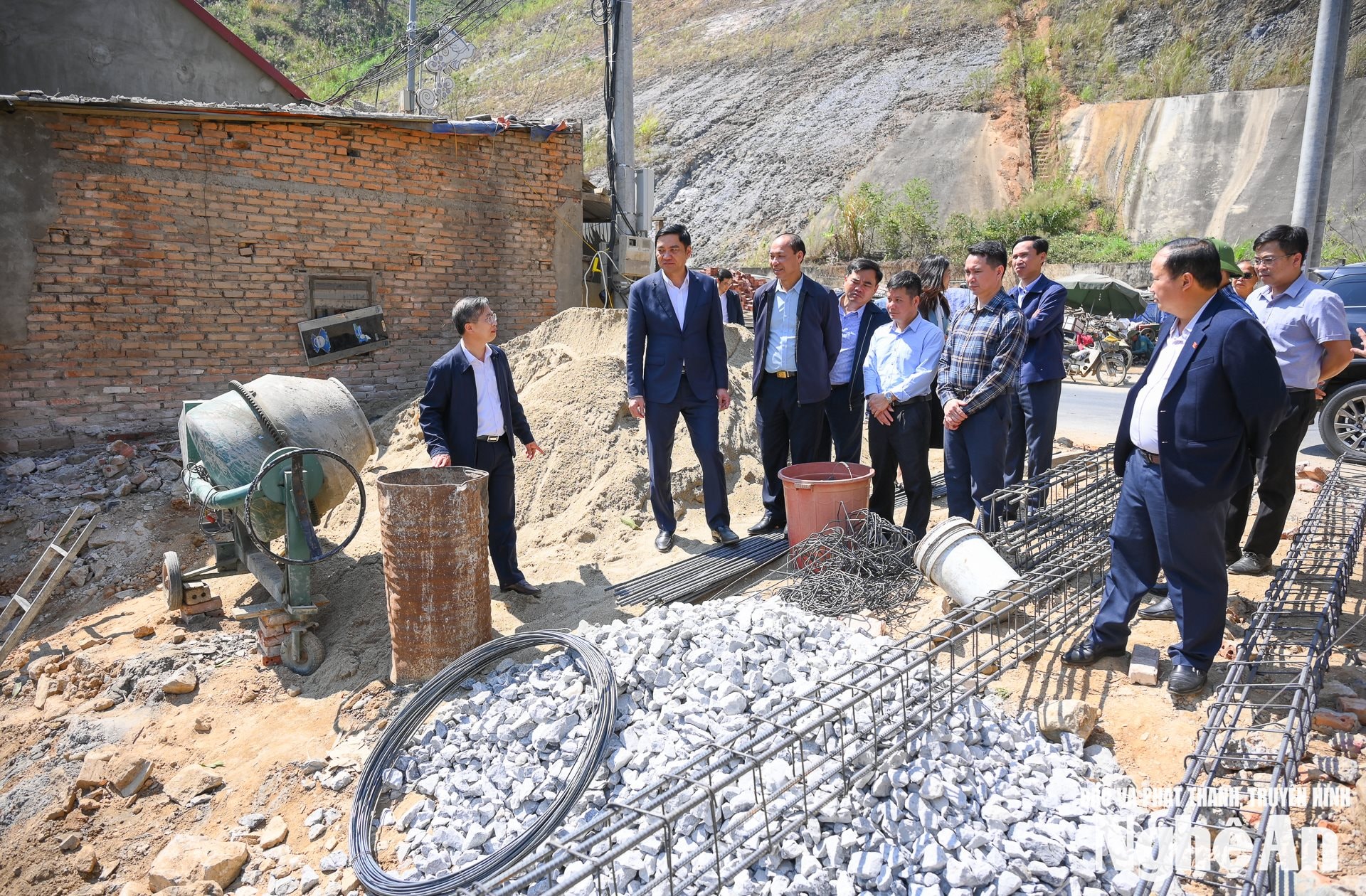
Monday,It is necessary to strengthen the effective monitoring of the implementation of the term's goals in a comprehensive manner. Monitoring should not only stop at quantitative indicators such as growth rate, budget revenue, etc., but also expand to aspects that have a more direct and profound impact on people's lives, such as quality of life, satisfaction of people and businesses, service efficiency of the public apparatus, or the capacity to implement social security policies, digital transformation, and green transformation. Especially in the context of the apparatus being reorganized according to the 2-level local government model, monitoring must be more in-depth on the quality of implementation at the commune level.
Rankthree,The Provincial People's Council will continue to closely accompany the Provincial People's Committee in removing major institutional and implementation bottlenecks, especially in the fields of public investment, site clearance and strategic infrastructure development. Not only supervising, the Provincial People's Council will also proactively review issued mechanisms and policies, amend cumbersome and impractical regulations; at the same time, promptly harmonize resources, prioritize capital, and remove legal obstacles...
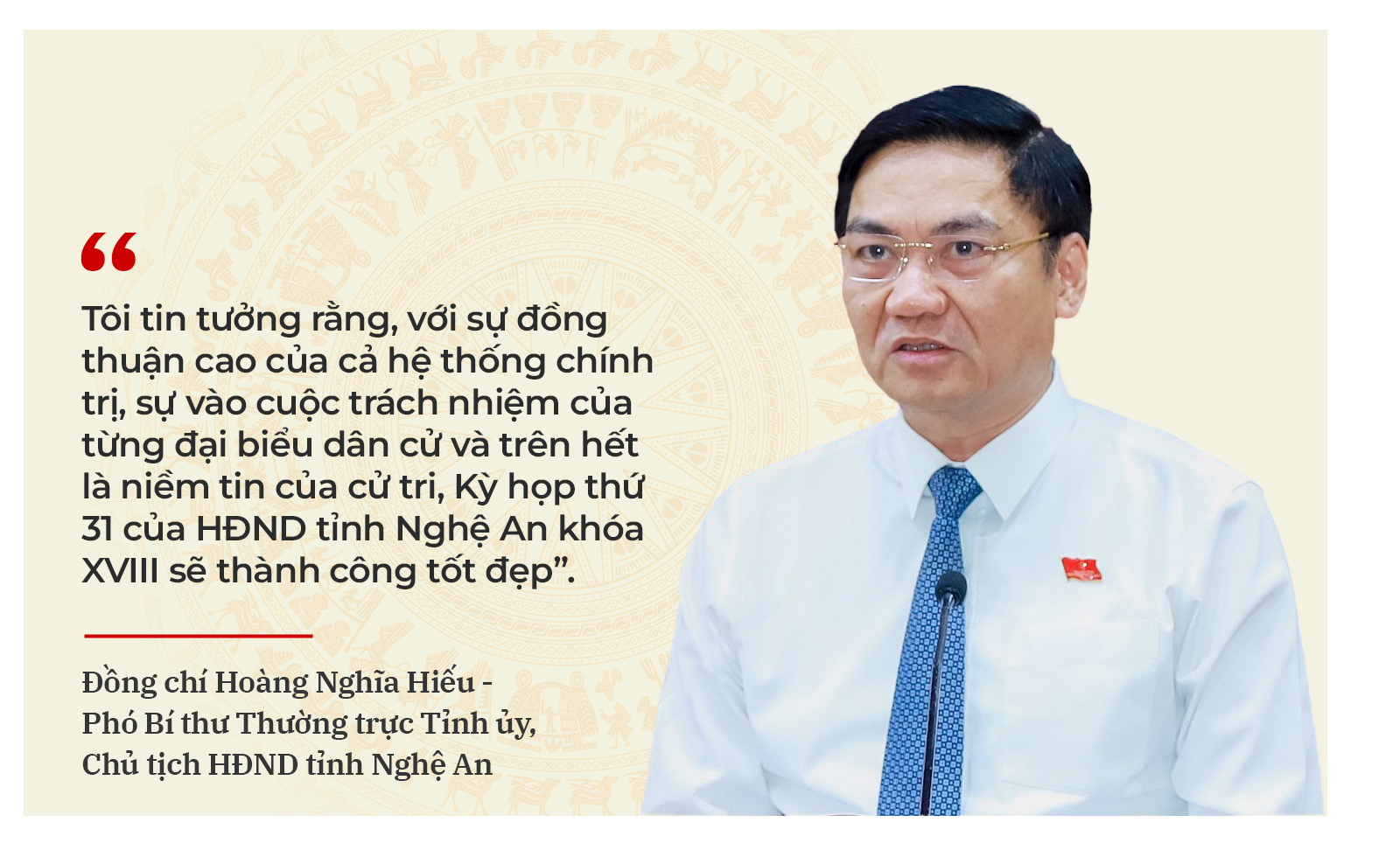
Wednesday, Prepare well for the term summary and development orientation for the next period. What has not been done in this term needs to be frankly acknowledged, without avoidance, in order to do better in the 2026 - 2031 term.
I believe that, with the high consensus of the entire political system, the responsible participation of each elected representative and above all the trust of voters, the 31st Session of the 18th Nghe An Provincial People's Council will be a great success; thereby clearly demonstrating the role of "institutional designer" for the stable, sustainable and inclusive development of the Provincial People's Council.
PV: Thank you very much, Deputy Secretary of the Provincial Party Committee, Chairman of the Provincial People's Council!
